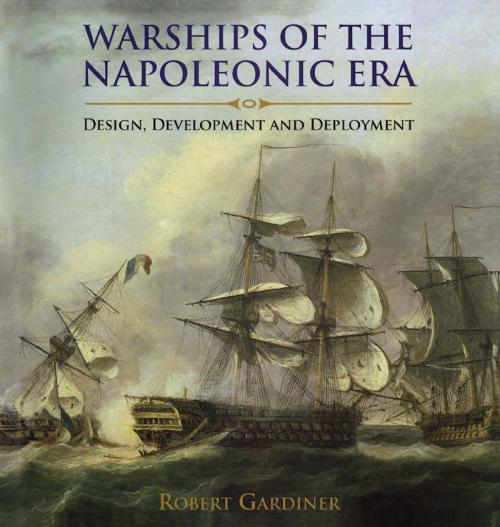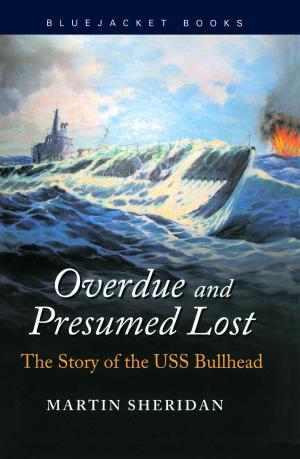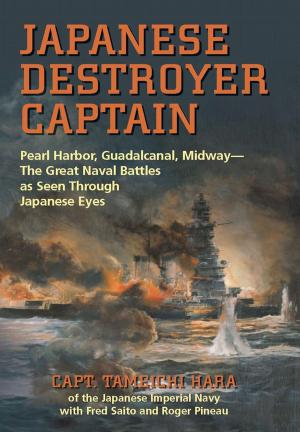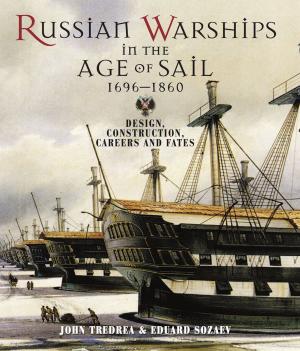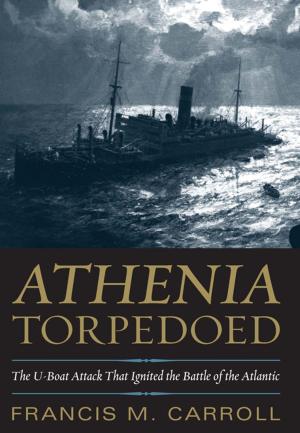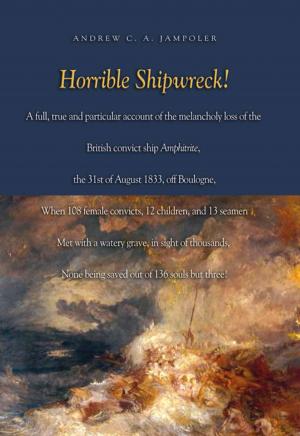Warships of the Napoleonic Era
Design, Development and Deployment
Nonfiction, History, Military, Naval| Author: | Robert Gardiner | ISBN: | 9781612519678 |
| Publisher: | Naval Institute Press | Publication: | August 15, 2011 |
| Imprint: | Naval Institute Press | Language: | English |
| Author: | Robert Gardiner |
| ISBN: | 9781612519678 |
| Publisher: | Naval Institute Press |
| Publication: | August 15, 2011 |
| Imprint: | Naval Institute Press |
| Language: | English |
Between 1793 and 1815 two decades of unrelenting naval warfare raised the sailing man of war to the zenith of its effectiveness as a weapon of war. Every significant sea power was involved in this conflict, and at some point virtually all of them were arrayed against Great Britain. A large number of enemy warships were captured in battle and the Admiralty ordered accurate drafts to be made of many of these prizes. Consequently, ships from the navies of France, Spain, the United States, the Netherlands, Denmark, Sweden, as well as from Britain, were illustrated by an unprecedented variety of paintings, drawings, models or plans.
Between 1793 and 1815 two decades of unrelenting naval warfare raised the sailing man of war to the zenith of its effectiveness as a weapon of war. Every significant sea power was involved in this conflict, and at some point virtually all of them were arrayed against Great Britain. A large number of enemy warships were captured in battle and the Admiralty ordered accurate drafts to be made of many of these prizes. Consequently, ships from the navies of France, Spain, the United States, the Netherlands, Denmark, Sweden, as well as from Britain, were illustrated by an unprecedented variety of paintings, drawings, models or plans.
